Please note: The resources below have not been developed by TOLI, but curated by us to help teachers navigate useful materials by our partners.
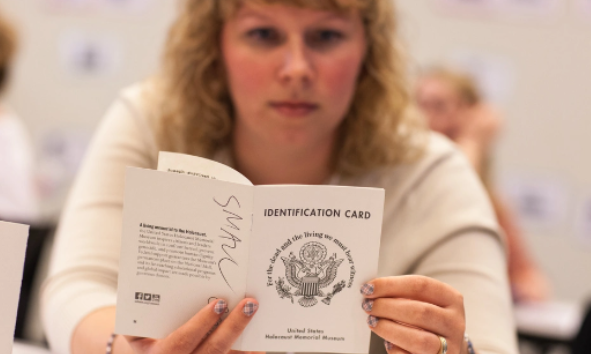
USHMM Professional Development Collections
United States Holocaust Memorial Museum has organized short PD videos into themed collections, available on demand at no cost. Covering guidelines, appropriate pedagogy, tools, and classroom strategies, collections include short videos packaged with instructional resources. Access here.
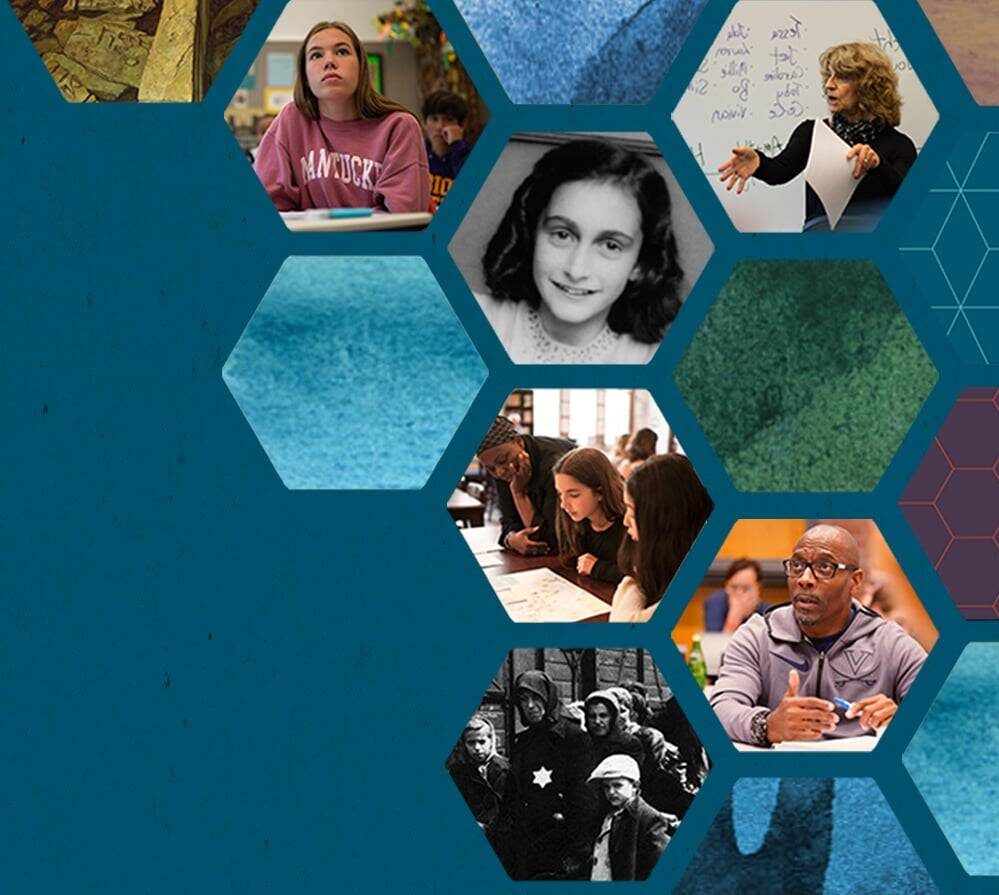
Echoes & Reflections Educational Programs and Resources
Echoes & Reflections empowers middle and high school educators with dynamic classroom materials and professional development. Through their Holocaust Education programs and resources, educators gain the skills, knowledge, and confidence to teach this topic effectively. Access here.

IHRA Holocaust Distortion Training Program for Educators
Holocaust distortion is an attack on truth and knowledge. It spreads antisemitism and prejudice and jeopardizes the understanding of this genocide. The International Holocaust Remembrance Alliance (IHRA) partnered with the United Nations Educational, Scientific and Cultural Organization (UNESCO) to develop this practical training program. Authored by our International Program Director, Oana Nestian-Sandu, and the Global Task Force on Holocaust Distortion, the training aims to help policymakers, educators and civil society to understand what it is, why it is harmful, and how to counter it. Access here.
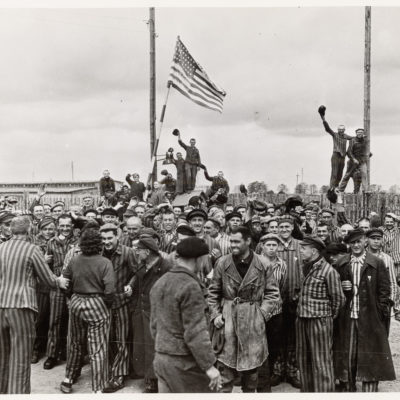
Museum of Jewish Heritage Lesson Plans
This collection of free Holocaust education lesson plans are for students of all ages. Engage students with immersive resources, interactive workshops, and thought-provoking activities designed to promote understanding and remembrance of this essential chapter in history. Equip your students with the knowledge and empathy necessary to combat prejudice and intolerance, ensuring a brighter future for generations to come. Access here.
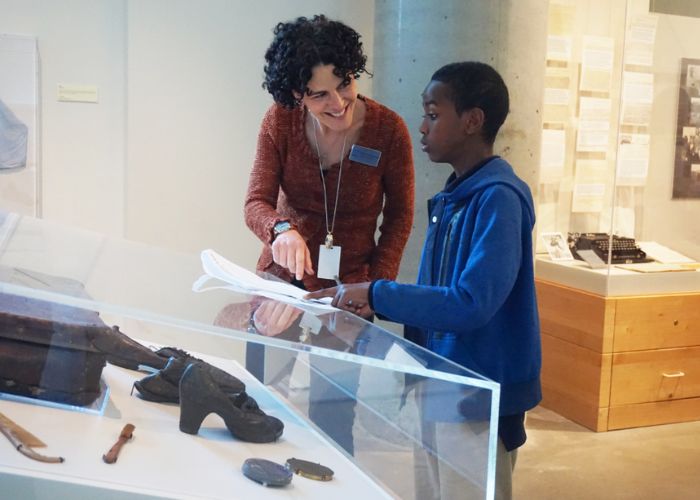
Holocaust Center Seattle Resources for Teachers
The Holocaust Center for Humanity, whose Director of Education is TOLI Teacher Leader Paul Regelbrugge, builds courageous communities by teaching and honoring the history, stories, and lessons of the Holocaust. Their lesson plans give students of all ages an empathetic lens to view today’s complex issues and see the role they can each play in fighting hate. Access here.

Yad Vashem: Antisemitism – From Its Origins to the Present (Coursera)
In this free Coursera course, 50 leading scholars from all over the world explore questions and issues relating to antisemitism including: What is antisemitism? How has it changed throughout history? Why can it be found among so many diverse cultures, and even among opposing ideologies? What happened to antisemitism after the Holocaust? How is antisemitism expressed today, and what are the main spheres in which it can be found? Access here.
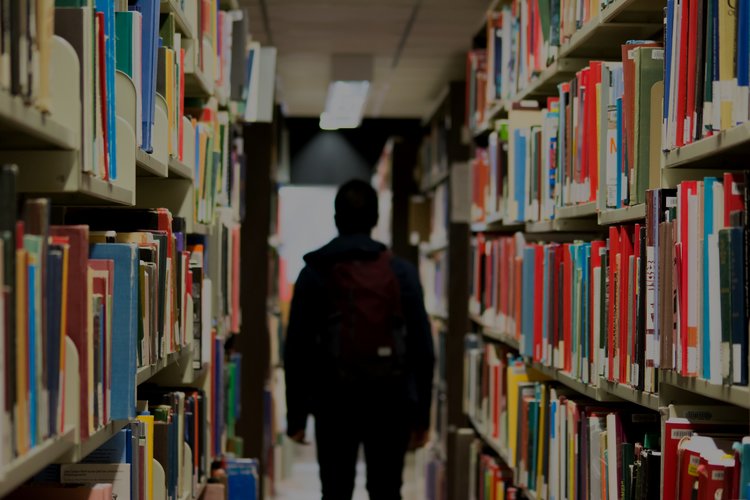
Michigan Holocaust & Genocide Education (MHGE) Lesson Plan
These lesson plans, developed by TOLI Teacher Leaders Corey Harbaugh and John Farris, introduce students to genocide studies and content on specific historical examples, such as the Holocaust, the Armenian Genocide, and others. The lessons are designed to stress the arc of inquiry and opportunities for critical thinking and dialogue about and personal responses to historical content in multiple media, so teachers are encouraged to familiarize themselves/employ best instructional processes with these model lesson plans. Access here.
Institute for Curriculum Services: Support for Classroom Discussion on the Hamas-Israel War
For many students and educators, the scale and violence of the Hamas attack on Israel on October 7, 2023 and the tragic events that have unfolded since, have evoked many different thoughts and emotions. Educators and students may be worrying about loved ones or mourning a personal loss. The enormity of the ongoing war between Israel and Hamas will likely continue to spur difficult but important conversations between teachers and students. This resource was created to provide teachers with tools to help facilitate those conversations. Access here.

Yahad-In Unum Study Guide
Yahad-In Unum teaches the Holocaust to new generations through a powerful combination of eyewitness testimony and archival research. By engaging with survivors and witnesses who lived through these atrocities, the organization brings their personal stories to life, ensuring that the human dimension of the Holocaust is never forgotten. Their approach aims to foster empathy, critical thinking, and a commitment to preserving the memory of the victims, empowering the next generation to stand against hatred, intolerance, and genocide. Access here.
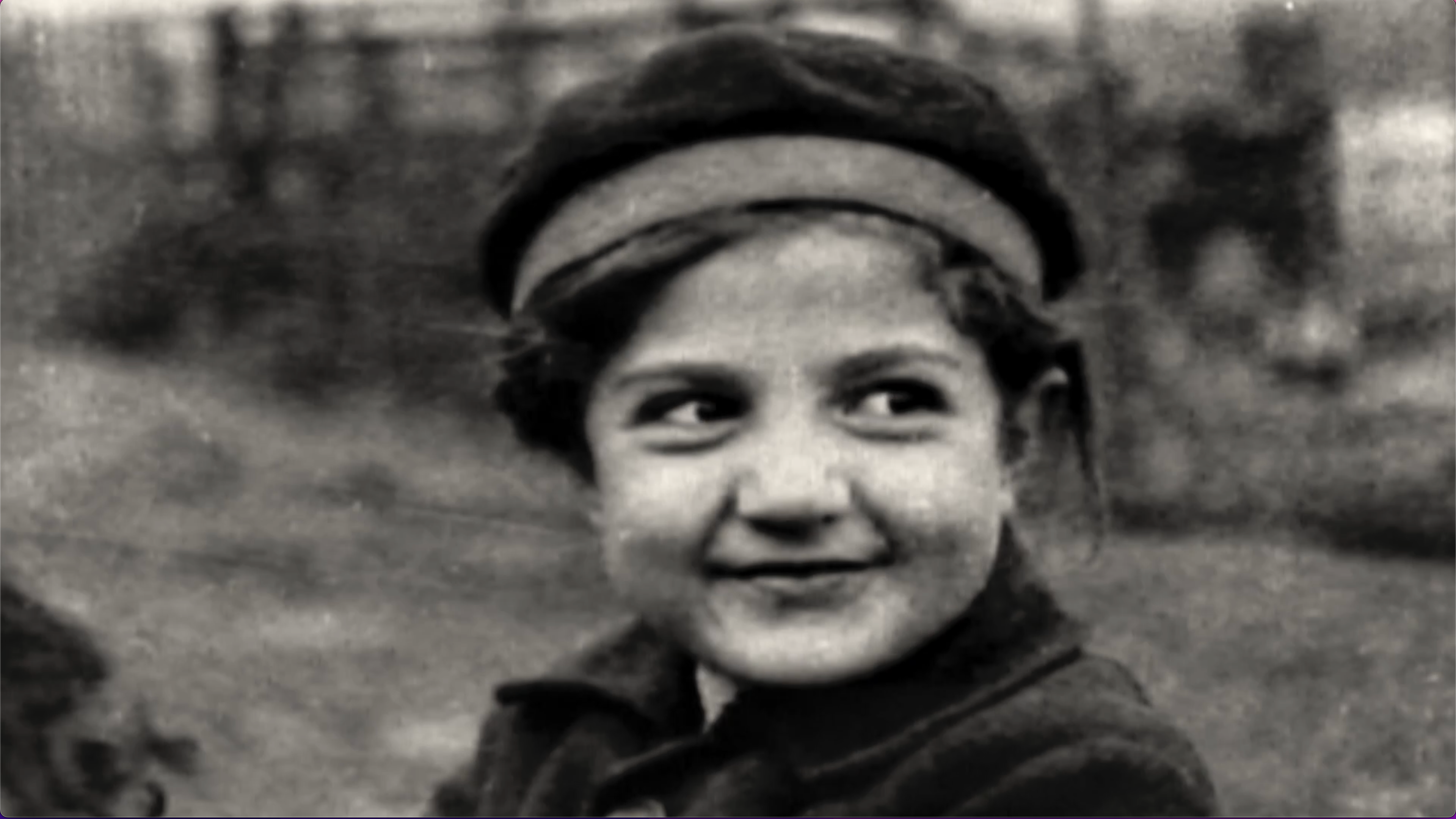
PBS Learning Media: Analyzing the Symbolism of the Statue of Liberty
This lesson plan, developed by TOLI Teacher Leader Nicole Korsen, is appropriate for Grades 6-12. For those fleeing persecution during the years before, during, and after the Holocaust, the Statue of Liberty represented the promise of safety and a better life. Using documentary clips and poems, this lesson focuses on the symbolic meaning of the Statue of Liberty as seen through various viewpoints and interpretations. Students will consider these meanings in their historical context and have the opportunity to draw connections to contemporary American immigration crises. Access here.
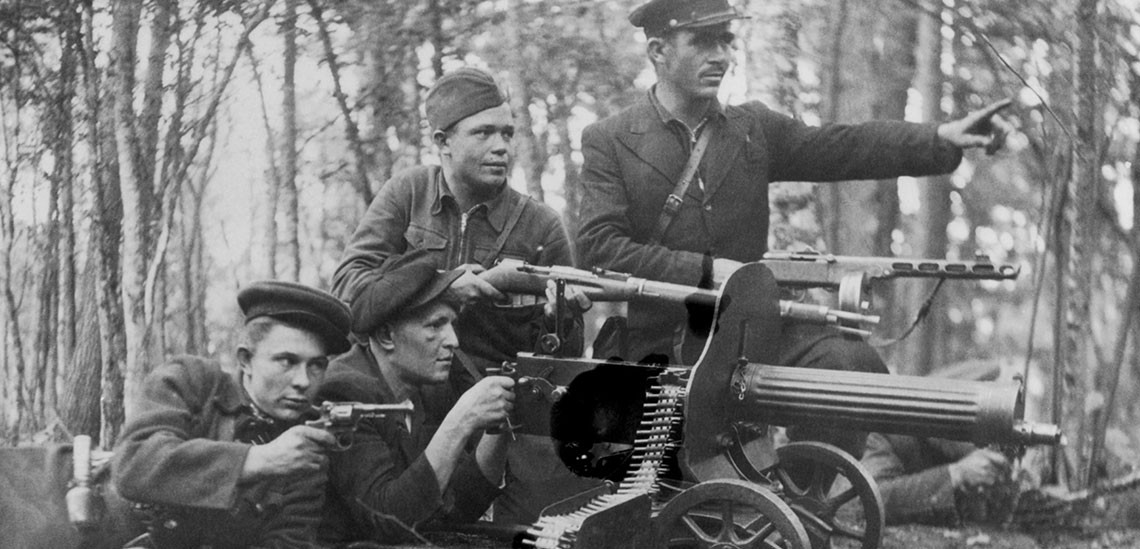
Jewish Partisan Educational Foundation (JPEF) Resources
Approximately 30,000 Jews throughout Europe and Western Europe – many of them teens – fought back during the Holocaust as Jewish partisans. JPEF develops and distributes effective educational materials about the Jewish partisans and their life lessons, bringing the celebration of heroic resistance against tyranny into educational and cultural organizations. Access here.
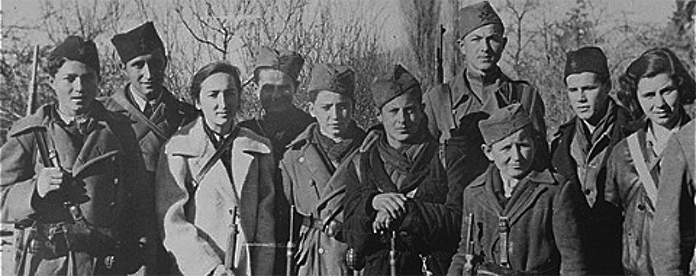
Lessons of the Jewish Partisans: Foundations of Resistance
“Foundations of Resistance” utilizes the history and life lessons of the Jewish partisans of World War II to teach students why and how to resist antisemitism. The lesson teaches students to act with increased empathy; to recognize and call out antisemitism; to build a positive leadership identity; and to resist antisemitism both systemically and in their everyday lives. Four classroom lessons are available for varying grade-level ranges between 6th-12th. “Foundations of Resistance” is compatible with educational standards across all 50 US states. Access here.
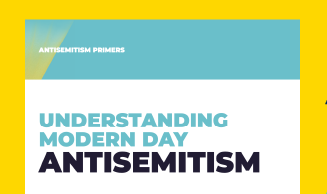
Shine A Light: Partner-Provided K-12 Resources for Teaching About Antisemitism
Shine A Light offers a library of resources containing articles, lesson plans, videos, reports, online resources, webinars, podcasts, pamphlets, Shabbat resources, and more. These resources teach educators what they need to know about antisemitism, and help them teach this important topic to their students. Access here.
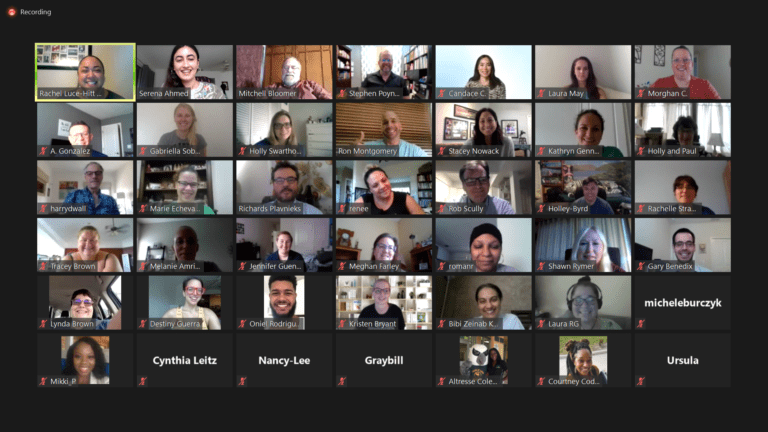
Holocaust Memorial Resource & Education Center of Florida Resources
The Holocaust Center has a variety of materials available for educators who wish to teach their students about the Holocaust. Materials include downloadable lesson plans for middle and high school classrooms as well as teaching trunks that can be customized for specific grade levels and subject areas. The Center also offers Professional Development options for educators. Access here.
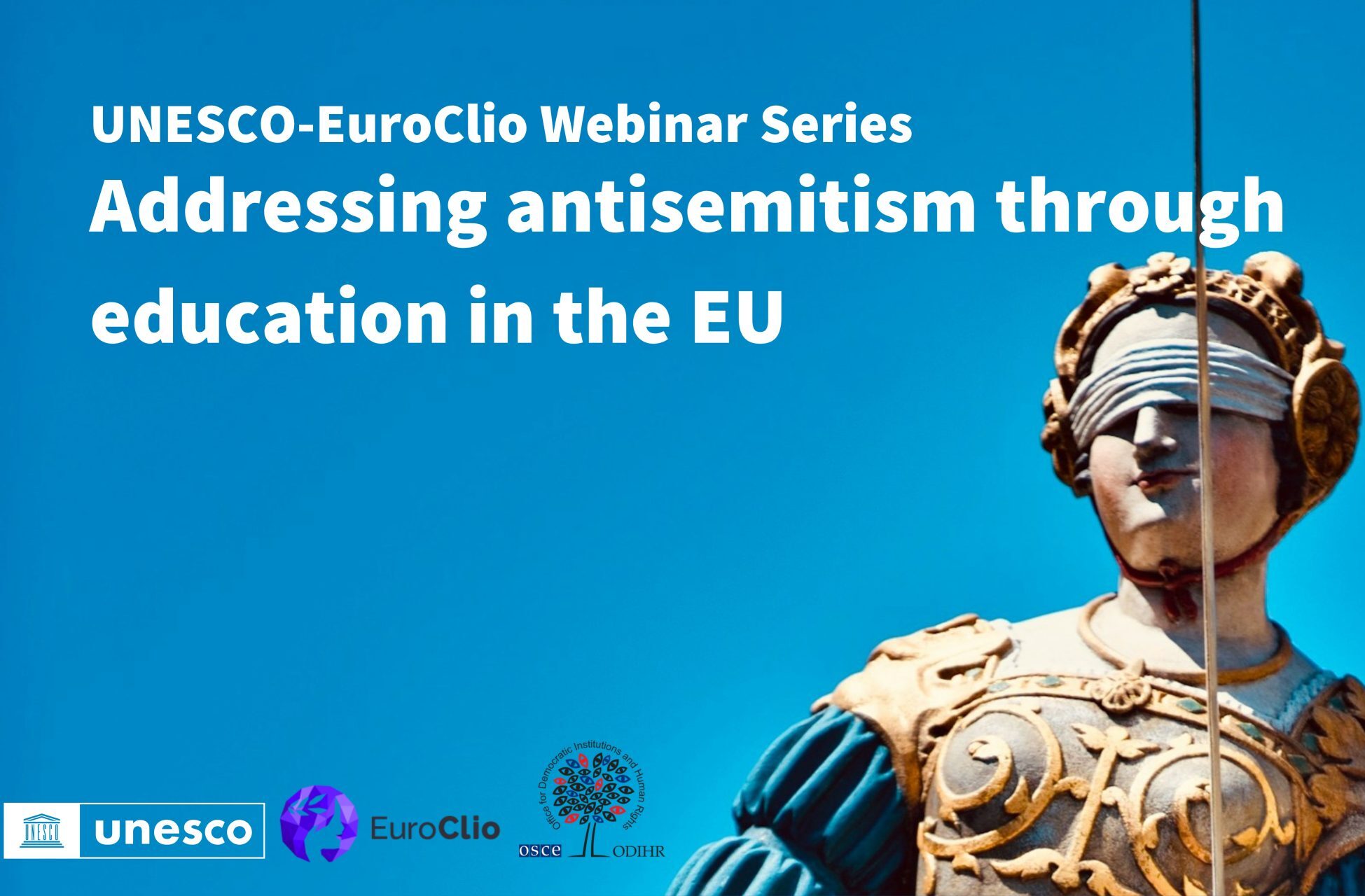
UNESCO: Addressing Antisemitism Through Education (Webinar series)
This webinar series for educators across the European Union aims to empower teachers by providing theoretical knowledge and practical tools that can be used in the classroom. Many teachers will need to teach about antisemitism in their school practice. It might come up as a topic of a history lesson, in questions from students, or because of an antisemitic incident at school. But the available training or lesson plans are not always sufficient. How to react to an antisemitic incident in the classroom? What does contemporary antisemitism look like? How is teaching about the Holocaust relevant to the students’ everyday life? What antisemitic content do students come across online? This series of seven webinars tackles these and similar questions. Access here.
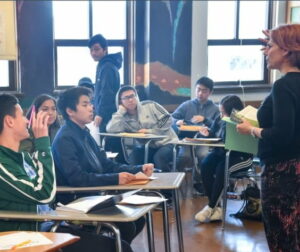
Jewish Family and Children’s Services Holocaust Center Curriculum & Resources
JFCS Holocaust Center curriculum focuses on expanding students’ understanding of the Holocaust and genocide, so they can develop empathy, critical thinking skills, and moral courage. Resource types include eBooks, Lesson Plans, Related Exhibits, Survival Stories, and Teacher Guides. Available for Grades 4-12. Access here.
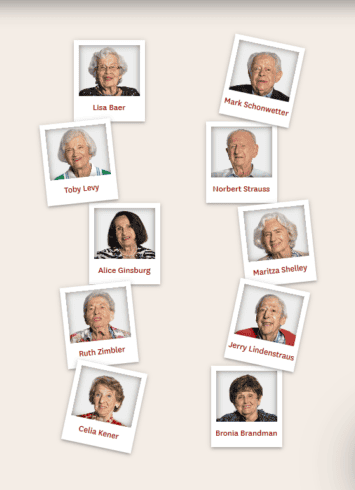
Survivor Stories: An Interactive Dialogue
The Museum of Jewish Heritage, USC Shoah Foundation, and USC Libraries have launched “Survivor Stories: An Interactive Dialogue” to enable visitors and website users to engage in dialogue with Holocaust survivors about their experiences before, during, and after the Holocaust. The site uses AI technology to match visitors’ questions with survivors’ recorded responses. Access here.
